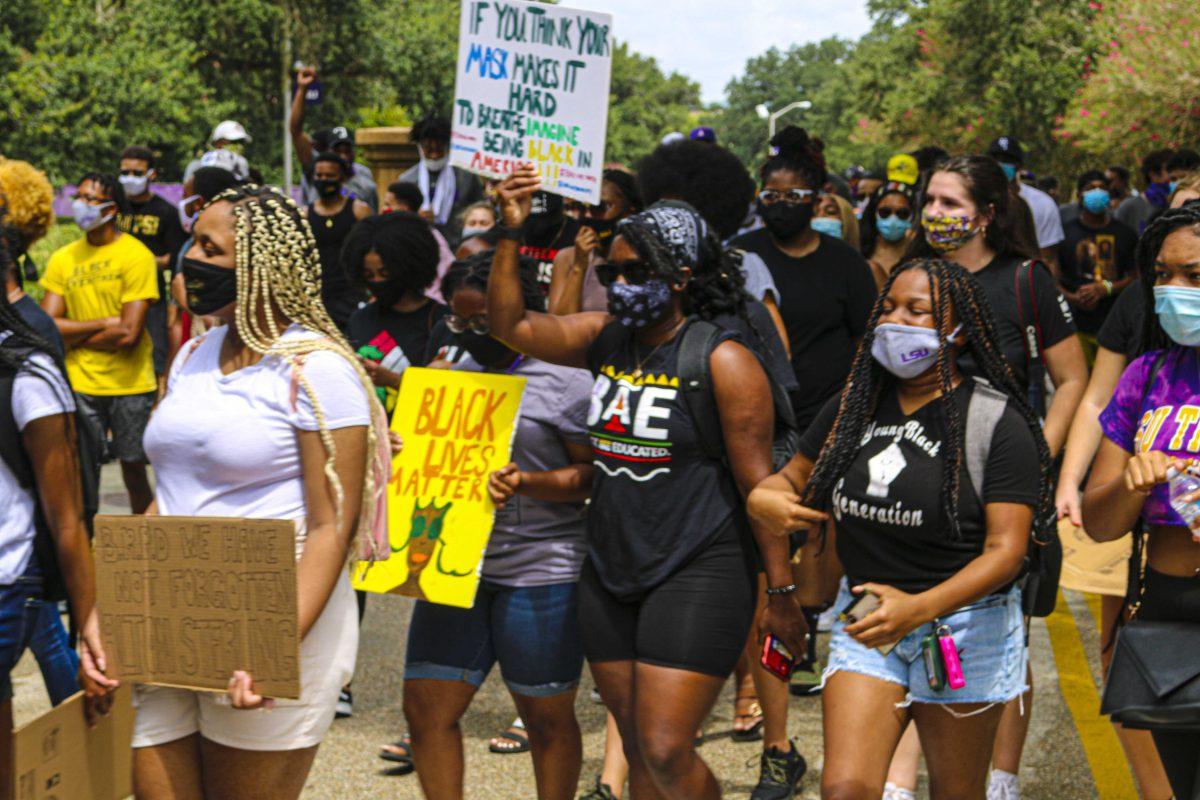In June, the University faced harsh criticism on social media over its response to an incoming freshman’s viral video using racial slurs.
The video of incoming freshman Drew Dollar went viral on June 5 when actress Skai Jackson reposted the video on her Twitter and commented on Dollar’s plans to attend the University in the fall, writing “…someone like him shouldn’t be able to attend college.”
Current and former students expressed concerns about welcoming a racist student onto campus, but the University released a statement categorizing Dollar’s racist comments as “free speech.”
The administration’s response let down its diverse student body and campus community. Clearly, it needs to do more to eliminate racism on campus. There is no place on campus for racism; those kinds of comments don’t fall under free speech.
The University’s history of racial tension goes back to the very beginning of the institution. Now it is 2020, and students are still dealing with the same racial conflicts as others did in the ’60s and ’70s. All of the current diversity training is good for students overall, but is obviously ineffective if the University is not making sure students continue to uphold these concepts.
Admittedly, the recent name changes to Middleton Library and Raphael Semmes Road were huge steps in the right direction, but they barely scratch the surface of a long-standing campus issue.
The University thinks changing the names of a few buildings and streets will satisfy its students, but that’s not enough. The interior of our institution needs more work than the exterior.
Changing the name of just one building won’t erase the name of the others down the street. Since the University can change the names of one building because of its racist connotations, they should change all of them.
Like Kirby Smith Hall, which was named after a Confederate general in the Civil War. Or Foster Hall, named after a former Louisiana governor who strived to prevent integration by using Jim Crow laws. The Martin J. Broussard Center for Athletic Training in Tiger Stadium was named after a racist athletic trainer who used horrific slurs toward the University’s first black basketball player.
The University has a deeply racist background, and this is still reflected on campus in ways most students do not even recognize.
Louisiana is already known to be plagued with racial injustices that stem from the state’s ancestral origins in slavery. As a well-known powerhouse in the community, our University has to be at the forefront of change. Its influence could propel the progress this state needs.
Tamia Southall is a 19-year-old mass communication sophomore from New Orleans.





